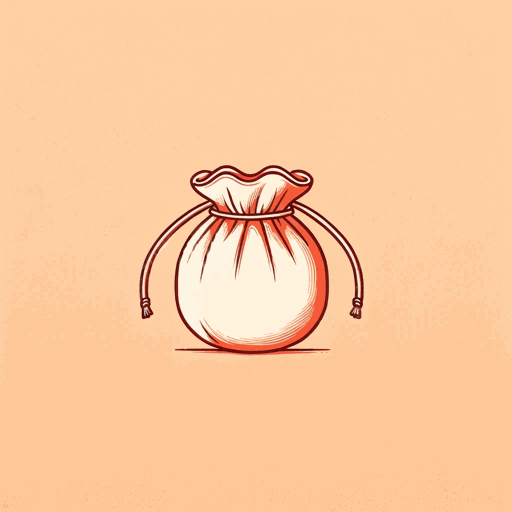46 pages • 1 hour read
Monique TruongThe Book of Salt
Fiction | Novel | Adult | Published in 2003A modern alternative to SparkNotes and CliffsNotes, SuperSummary offers high-quality Study Guides with detailed chapter summaries and analysis of major themes, characters, and more.
Important Quotes
“I have been witnessed. You have testified to my appearance and demeanor. I have been sighted.”
(Chapter 11, Page 110)
Binh has spent his life mostly invisible to others, either due to his inability to adequately converse in another language or because he cannot be his authentic self because his sexual identity will not be tolerated. When Lattimore mentions having seen Binh in the flower market, it brings an awareness to Binh that he’s no longer anonymous. With this awareness is a mingling of happiness and grief at what is gained and lost by being truly seen.
“Making its way through Anh Minh’s parted lips, the Old Man’s voice, purified, said, ‘I believe in you.’ In the kitchen of the Governor-General, I learned from my brother’s words and found solace in the Old Man’s voice. I received there the benediction that I would otherwise never hear.”
(Chapter 5, Page 43)
Throughout the novel, we hear the Old Man’s voice berating and judging Binh. Anh Minh, by contrast, is supportive. In this quotation, we see Binh’s need and desire to hear praise and acceptance at least once in his life from his father. Ironically, much of what Binh hears while away from Vietnam is imagined, making it difficult to determine if the chastisements and cruelty emanate from Binh’s own self-loathing or arrive from his father.
“The word [interview] was a sharp reminder that I was a servant who thought himself a man, that I was a fool who thought himself a king of hearts.”
(Chapter 4, Page 40)
When Binh first goes to Lattimore’s apartment ostensibly to interview to be a cook for him on Sundays, he struggles with the idea of being his own person with autonomy and identity. Throughout the novel, the concept of self and servanthood are contrasted.


